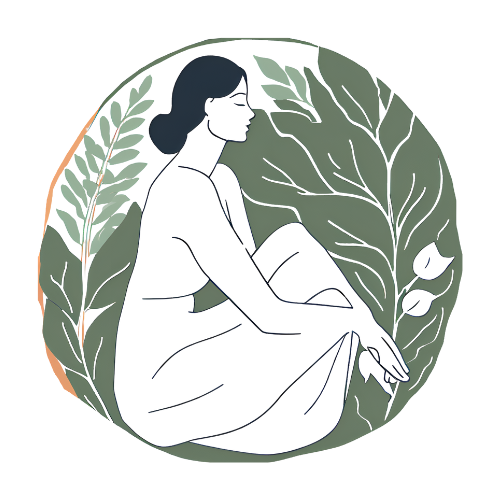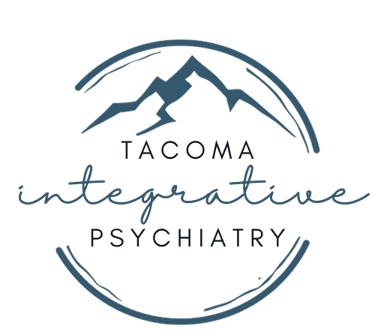What if your mental health struggles—mood swings, anxiety, brain fog—are deeply connected to hormonal changes?


Traditional psychiatry often overlooks this critical link. That's where a different approach makes all the difference.
Key findings from The Menopause Society include:
Depression Risk: Perimenopausal women are 2-4x more likely to experience depressive symptoms than premenopausal women, especially those with a history of depression or severe vasomotor symptoms (hot flashes/night sweats).
Anxiety: Up to 51% of midlife women report anxiety, often linked to hormonal shifts and sleep disruption.
Cognitive Effects: Subjective memory complaints are common, though objective data on dementia risk remain inconclusive.
Mental health symptoms, including depression, anxiety, irritability, and cognitive changes (e.g., "brain fog"), are well-documented during the menopausal transition, particularly in perimenopause. Fluctuating and declining estrogen levels directly impact serotonin and norepinephrine pathways, increasing vulnerability to mood disorders.
why excellence in training matters
In early 2025, I completed advanced training in Women’s Health & Menopause through Harvard Medical School, learning directly from world-renowned researchers and clinicians at the forefront of the field. This specialized education equips me to integrate the latest evidence-based medicine with compassionate, personalized care—ensuring your treatment targets the root cause, not just the symptoms.
At Harvard, I immersed myself in the latest research on:
The brain-hormone connection – How estrogen, progesterone, and testosterone fluctuations impact neurotransmitters like serotonin and dopamine.
Evidence-based integrative therapies – Beyond prescriptions: targeted nutrition, stress modulation, and precision supplementation.
Menopause as a neurological transition – Why "just toughing it out" isn't an option for your mental health.


Mental Health in Menopause
specialized services
Anxiety, depression, ADHD and others can be exacerbated by hormonal shifts
Treatments backed by the latest clinical research and endorsed by several international organizations
Evidence-Based Protocols
Meticulously balanced to support mood and cognition, focusing on your unique goals for this next chapter
Custom Hormone Therapy Treatment Plan
Lifestyle Psychiatry
Sleep, gut health, and nutrient strategies that work with your biology


"Kōnenki" (Renewal of Life)
In Japan, menopause is called "Kōnenki"—meaning "renewal of life and energy." In China, it's celebrated as the "Second Spring." And in Northern Thailand, the Meo people honor this transition with sacred ceremonies.
Yet in the West, menopause is often framed as a decline. Research shows that women in many Asian cultures experience fewer and milder symptoms—likely due to:
Cultural mindset: Menopause is honored, not stigmatized
Holistic lifestyle: Emphasis on anti-inflammatory foods, movement, and community
Integrative care: Natural and medical therapies work in harmony
a new standard of care


Let's talk
hello@tacomaintegrativepsychiatry.com
phone 253.260.6754
fax 877.725.4332


The content provided on this website is for informational purposes only and is not intended as medical advice, diagnosis, or treatment. This information does not substitute for professional clinical judgment or establish a patient-provider relationship. Always consult your physician or a qualified healthcare provider regarding your specific health needs.
If you are experiencing urgent symptoms, contact your healthcare team or call 911. For personalized guidance, schedule an appointment with our practice.


